Lateef Fagbemi, Attorney General of the Federation, symbolises humility in leadership, reckons PAT ONUKWULI
It was just another day at the local wing of the Nnamdi Azikiwe International Airport in Abuja.
The air was humid with anticipation as travellers queued, and the low murmur of boarding calls buzzed intermittently over the public address system.
I was waiting for my flight when I noticed a man who looked strangely familiar, well-dressed, dignified, yet markedly unassuming. There were no security details, no aides, no entourage; just a solitary figure, carrying his luggage and standing patiently like everyone else.
My mind raced through public figures I had encountered in news headlines. He looked like someone I should know, but the context and simplicity made me second-guess myself. After hesitating for a moment, I walked up to him and asked politely, “You look familiar, sir. May I know you?”
With a warm and quiet smile, he quietly replied, “I am Lateef Fagbemi.”
I was astounded. Here stood Chief Lateef Olasunkanmi Fagbemi, SAN, the Attorney General of the Federation and Minister of Justice of Nigeria, in line like an ordinary citizen, exuding the kind of humility rarely found in people of such stature. Before I could fully process the moment, the boarding announcement for his flight was called.
He shook my hand gently and proceeded on his way.
It was a brief encounter, barely two minutes, but it left a lasting impression. As they say, perception is nearly reality. In a country where public office is too often worn like a beaded crown of entitlement, that fleeting moment of humanity, that effortless humility, became a mirror to the kind of leadership Nigeria desperately needs.
At the Nigerian Law School, we were taught that the Attorney General is not merely a political appointee. He is, in the philosophical sense, the Law itself. Not just the Chief Law Officer of the Federation, but the embodiment of the state’s prosecutorial power, the only individual constitutionally empowered to bring a criminal case to an end by a mere stroke of the pen, invoking the nolle prosequi without needing to offer any justification.
That level of discretionary power requires not only legal skill but also jurisprudential maturity, ethical restraint, and, above all, wisdom.
Chief Fagbemi has shown those qualities in his public conduct. His legacy since assuming office in August 2023 speaks volumes. He led the historic Supreme Court suit that restored autonomy to local governments, an act many legal scholars have hailed as a democratic milestone.
He launched a nationwide prison review that exposed inhumane conditions and is spearheading a 46-member law review committee currently modernising hundreds of Nigeria’s outdated statutes. His reforms in arbitration, cybercrime prosecution, and legal aid are quietly reshaping the legal landscape.
Equally significant, but perhaps under-acknowledged, is his instrumental role in facilitating the passage and presidential assent of the new tax legislation aimed at streamlining Nigeria’s complex fiscal architecture.
His deft legal guidance helped reconcile contending positions across federal ministries and revenue agencies, thereby laying the groundwork for a more transparent and development-focused tax regime. In a nation struggling with widening deficits and fiscal imbalances, that reform is not just technical; it is transformative.
It is easy to list achievements, but what struck me that day was not just the accomplishments, impressive as they are. It was his disposition, what jurisprudential thinkers like Lon L. Fuller would call the “inner morality of law,” not in statutes but in the temperament of those who administer it. There is something profoundly ennobling about a public officer who refrains from weaponising their office.
Quite unlike some of his predecessors, who treated the office as a throne of hubris and vengeance, Fagbemi has carried himself with an air of deliberation and restraint, preferring process to posturing.
·
·
Yet, it is in the sensitive case of Mazi Nnamdi Kanu that his deep understanding of justice will be most tested. Chief Fagbemi has drawn a clear line between Kanu’s case and that of Omoyele Sowore, stating that while Sowore could be released without much constitutional strain, Kanu’s case was more “difficult” and must be left to the courts.
His reasoning is rooted in a strict constitutionalist interpretation, a view that honours the sanctity of judicial processes.
But I respectfully urge him to consider something deeper: strategic and conciliatory justice.
The principle of nolle prosequi exists not just as a technical tool but as a jurisprudential instrument of statecraft. Sometimes, law must bend, not break, in the service of national healing.
From Mandela’s post-apartheid South Africa to Yar’Adua’s amnesty to Niger Delta and Boko Haram militants, nations have shown that there are moments when justice is better served by clemency than by the full weight of prosecution.
·
·
Kanu’s prolonged detention has become a symbol, rightly or wrongly, of ethnic alienation and political imbalance. Ending his case, especially under a legal umbrella that allows it, could douse tension, rebuild trust, and unlock meaningful dialogue.
It would not be an admission of weakness but a demonstration of far-sighted leadership.
Chief Fagbemi reminds me of the kind of public servants Nigeria needs in this season, those who bring gravitas without grandeur, simplicity without smallness.
Like a wise village elder who speaks little but sees much, he listens more than he boasts. His posture at the airport, alone and humble, was not merely happenstance; it was a metaphor for a kind of governance that values proximity to the people over pomp.
In Yoruba cosmology, power that does not humble itself eventually cracks under its weight. But here was a man who stooped, not because he had to, but because it was his nature, a legal titan who chose the path of modesty over muscle.
·
·
Nigeria needs more like him. And if he now chooses to use the weight of his office, not just to prosecute, but to reconcile and renew, history will remember him not just as the man who enforced the law, but as the one who also became its moral compass.
In a country where public office often intoxicates and isolates, I urge Chief Fagbemi to continue wearing his humility like a second skin.
He mirrors a public figure like Peter Obi, whose understated lifestyle and refusal to be swept away by the tides of political grandstanding have earned enduring respect across Nigeria’s fractious landscape.
Power, after all, is fleeting, like the harmattan mist at dawn.
Dr. Onukwuli, a legal scholar and public affairs analyst, writes from Bolton, UK.
Email: patonukwuli2003@yahoo.co.uk



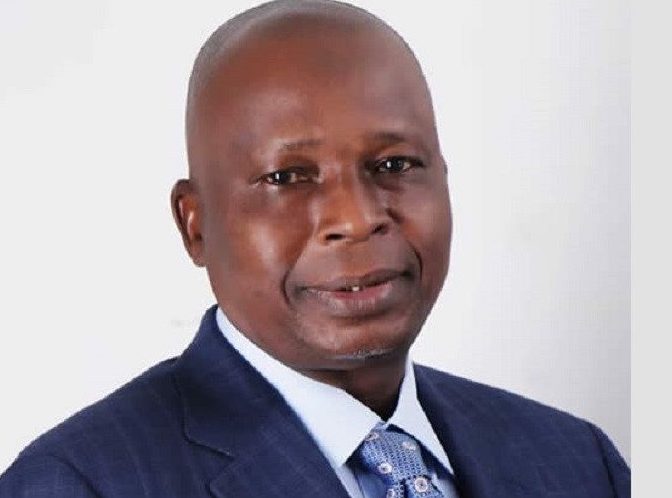

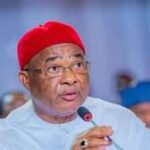
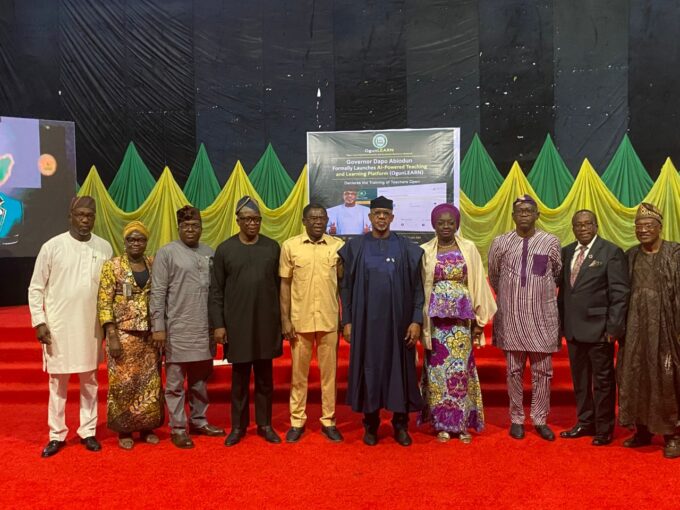

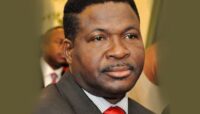







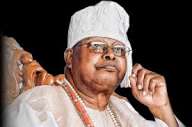

Leave a comment